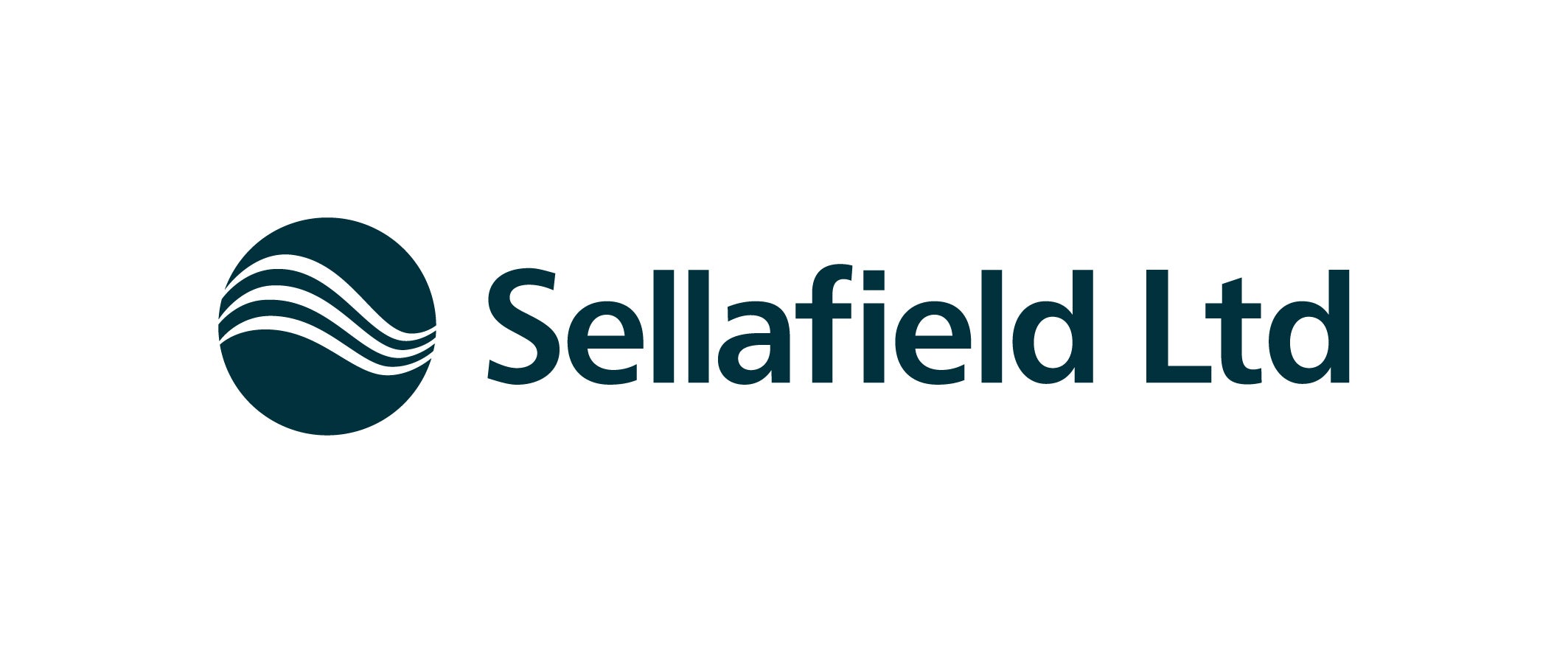
Faced with a growing, maturing population and diminishing resources, it’s crunch time for the NHS. Rising patient numbers mean there’s more data to interpret, which puts a strain on ageing technology. Combine this with a public that expects faster, more secure, more personalised care, and something has to change.
Under these pressures, the NHS struggles to keep pace with innovation that could improve outcomes and efficiency. But cloud computing is, arguably, one innovation our health service cannot afford to do without.
Because cloud-based technology runs remotely and is not reliant on existing infrastructure, it offers the NHS an immediate technological solution. A cloud service can be up and running in days.
Some areas of the NHS already use IBM Cloud. UK NHS Blood and Transplant, for example, was able to optimise its organ allocation scheme. By identifying potential recipients against criteria such as age, size and clinical condition, the solution accelerated life-saving transplants.
Because cloud-based technology uses apps running in different locations, new methods of collaboration become possible between GPs, specialists and other professionals, cutting referral and treatment times.
Some treatments, such as cancer treatments, can benefit patients more if they are more personalised. Current developments in genomics, with treatments based on patients’ own DNA, are proving successful. But with around three billion DNA base pairs to review, this new field presents major analytic challenges. A cloud-based AI can identify genetic mutations, helping clinicians develop more personalised treatment. In future, the NHS could potentially use patient DNA data to predict and treat genetic conditions as part of a National Genomics Service.
When it comes to cost efficiency, prevention is always better than treatment. In this area, too, cloud computing can be harnessed to provide deeper insights. By combining patient data with public data – including everything from the weather to the economy – it can help predict healthcare issues and build an NHS that is more about prevention than cure.
Cloud computing is key to platforms that meet public demand for always-on, consumer-style services. By giving patients access to and control of their own care, cloud-based applications can also improve their relationship with the NHS and their own health.
For example, Arthritis Research UK recently launched a cognitive virtual assistant, powered by IBM Cloud and AI, that was trained by specialists to provide personalised support for arthritis patients. As well as responding 24-7 to queries, service offered new insights into the condition.
Cloud computing adds security that many outdated NHS systems lack. Robust security measures are key to guarding against data breaches, and also to building public confidence. Security is built into IBM’s cloud services, which can run from solely UK-based infrastructure.
Regardless of existing infrastructure, cloud computing can innovate, connect, personalise and secure services. Against escalating financial and operational demands, these benefits offer the treatment the NHS needs to deliver the service the public expects.
Andreas Haimboeck-Tichy is director of healthcare and life sciences at IBM.



